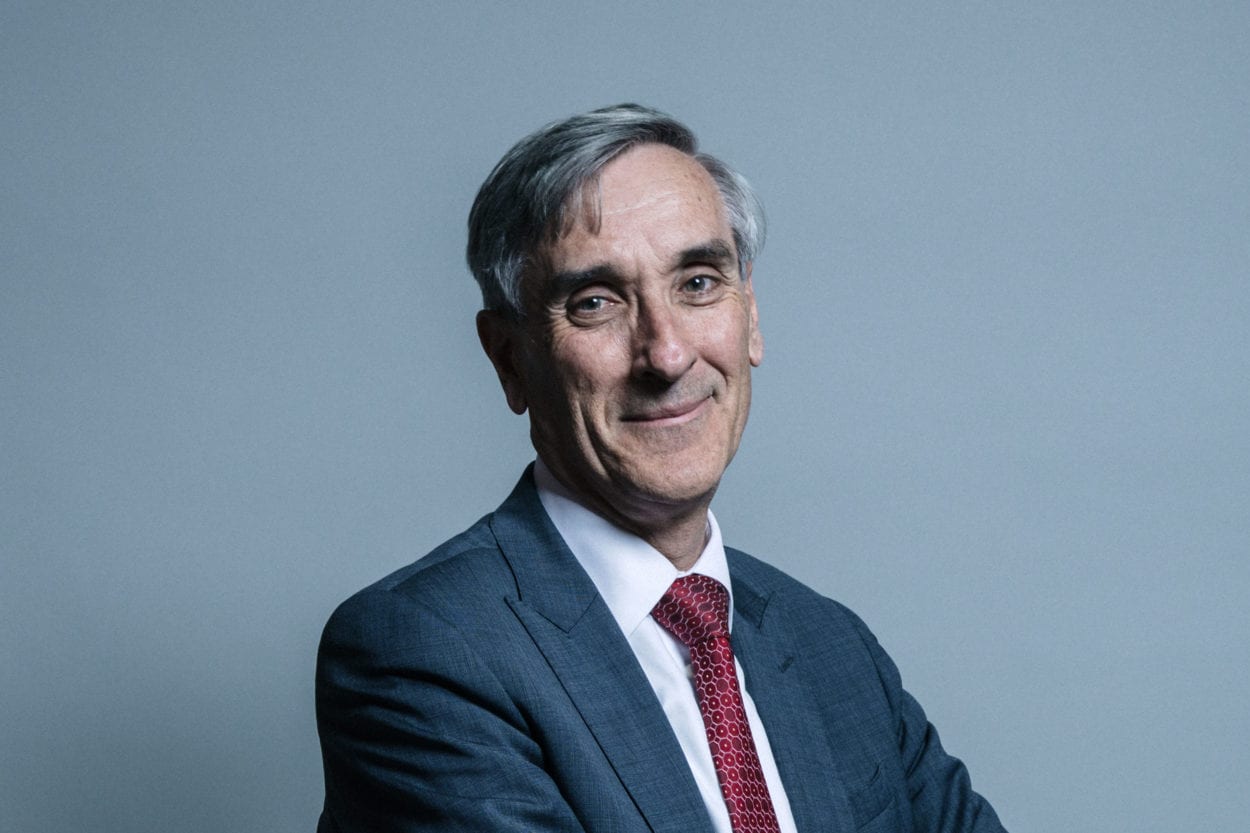THE DECISION by the Government to go against an election pledge to maintain its commitment to international aid has been welcomed by one of Wokingham borough’s four MPs.
In Wednesday’s spending review, Chancellor Rishi Sunak said that the foreign aid budget would be temporarily cut from 0.7% of gross national income to 0.5% – a £4 billion cut.
The government says that even with this reduction, the UK remains a world leading aid donor and next year will spend more than £10 billion to fight poverty, tackle climate change and improve global health.
It also hoped to “do aid better” so it would deliver maximum impact for e every pound spent.
This includes boosting education for girls, boosting trade and economic development, and tackling climate change, biodiversity and Covid-19.
Writing in his blog, Sir John Redwood said: “I went along with the Conservative leaderships’ support for hitting the 0.7% target of GDP, though I have misgivings about such targets.
“I do not think we should commit to spend a certain proportion of a fluctuating and usually growing number. We should decide on spending on a case by case basis and against our general budget background.
“We do not pledge to spend a fixed proportion of GDP on health or education or policing, but look at those budgets in the light of needs and costs.
“I trust the government will now repeal the 0.7% pledge in our law codes.”
He argues that last year, £5 billion of aid last year was “spent by our giving the money to the EU and other multinational bodies to spend as they saw fit in so-called multilateral aid”.
He added: “As we leave the EU it is a good time to bring our overseas aid spending back in house and decide on how we can best help those in need. We should also look at the full support we give, which goes wider than the items allowed under international conventions to be called Overseas Aid.
“Some of our Defence expenditure is aid, being used to help bring peace to strife-torn countries and providing assets to tackle disasters.”
He called on the government to consider specialising in a few areas, such as clean water, primary education for girls and a programme to tackle infectious diseases.
But the decision to reduce the aid budget has met with criticism elsewhere.
Foreign office minister Baroness Sugg resigned over the announcement, saying it was “fundamentally wrong” to change policy.
“This promise should be kept in the tough times as well as the good,” she said.
And the Bishop of Oxford, the Rt Revd Dr Steven Croft, has written to all MPs across the diocese, which includes Berkshire, to express his disappointment and to urge them to reject the planned cut.
“While I fully acknowledge the scale and complexity of the challenges the government now faces, the fact remains that we are one of the richest countries in the world and the Chancellor’s actions undermine reassurances given previously by Ministers on the floor of the House of Lords to honour the 0.7% of GDP commitment,” Bishop Steven said.
“Perhaps most worrying, the Chancellor has given no assurance of when 0.7% will be restored.
“Cutting our development spending will heap a disproportionate extra load onto nations already overburdened by debt, poverty, and other developmental challenges.”
Bishop Steven added: “The Government’s 0.7% commitment to foreign aid, enshrined in law, is both a tangible and a symbolic demonstration of the values underpinning Britain’s global aspiration to use her wealth and her soft power as a force for good in the world.”
He sets out more of his views in a blogpost on the Diocese of Oxford’s website.
And in an open letter to Sir John Redwood, which will be published in full in the December 3 edition of Wokingham.Today, Canon David Hodgson, rector of All Saints Church in Wokingham, called on Sir John to “do the right thing” and vote against the aid reduction.
“This is an outrageous proposal because it risks causing the avoidable death of hundreds of thousands of people for the sake of a tiny portion of total Government spending,” he said.
“There is a moral case for increasing the percentage, not reducing it.”
He added: “The argument for this cut based on affordability is not tenable. An increase in defence spending has been announced. Why is this justifiable in a recession when aid spending is reckoned unaffordable?”

















































